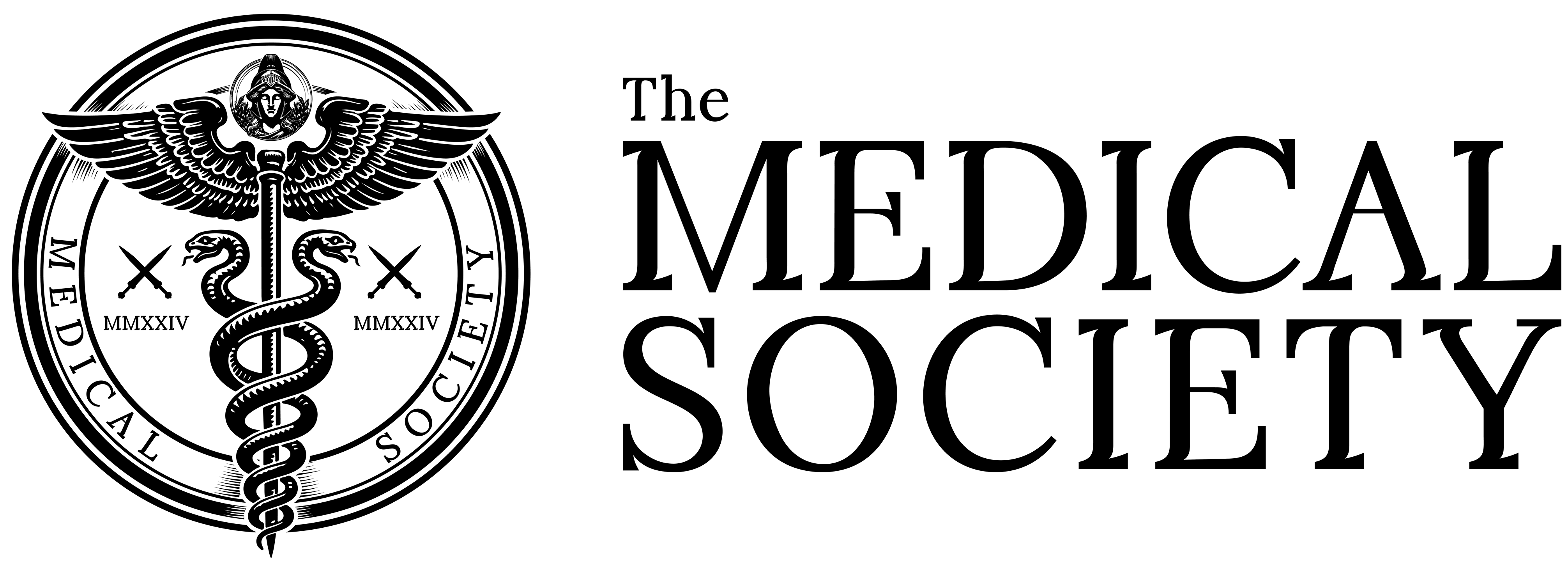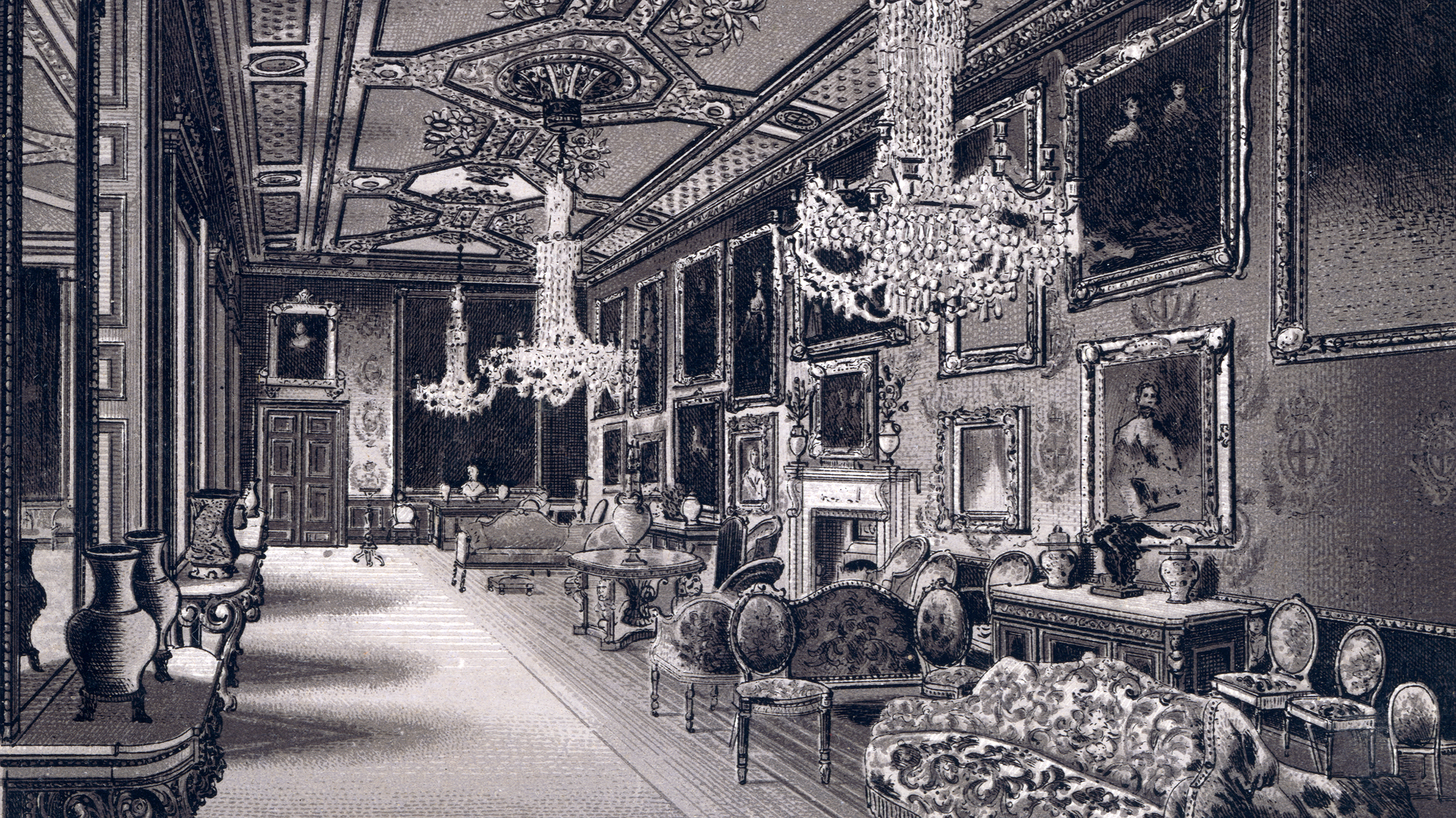The Evolution and Failings of Medical Societies
By Emily Kaplan
The journey from the dim-lit Enlightenment salons to today’s complex medical societies has been fraught with advances and equally profound failures. To understand our current predicament and the urgent need for a new medical society, one must delve into these societies’ history, triumphs, and pitfalls.
The Enlightenment period, that illustrious era of intellectual explosion, birthed the salon. These gatherings, often held in the drawing rooms of the French elite, were not merely social events but crucibles of revolutionary thought. Here, the likes of Voltaire, Rousseau, and Diderot engaged in spirited debate with scientists and physicians. These salons were the incubators of modern scientific thought, where the seeds of evidence-based medicine were first sown. It was in these vibrant discussions that the foundation for formal medical societies was laid, a testament to the Enlightenment’s unyielding faith in reason and empirical inquiry.
In Paris, 1731 saw the founding of the Royal Society of Medicine. This institution epitomized the Enlightenment spirit, aiming to elevate medical practice through scientific research and the systemic dissemination of new knowledge. It became a beacon for physicians dedicated to the principles of empirical evidence and collaborative advancement. Across the Channel, the Royal College of Physicians of London, established in 1518, began to fully embrace the era’s scientific revolution. By incorporating the latest discoveries into its teachings, the College set a precedent for the integration of rigorous science into medical practice, influencing standards across Europe.
The 19th century marked the proliferation of medical societies, reflecting a burgeoning recognition that medicine must evolve into a science-based profession that demands critical thinking, and communities of critics to advance any findings and safeguard from one’s tendency for self-promotion and bias. Leading physicians of the time founded these societies to improve medical education, promote research, and set ethical standards. Medical journals, such as The Lancet (1823) and the British Medical Journal (1840), emerged as vital platforms for disseminating medical knowledge, and fostering a global exchange of ideas.
In the United States, the American Medical Association (AMA) was established in 1847. Its mission was to advance the art and science of medicine and enhance public health. However, as history has repeatedly shown, noble intentions can be sullied by self-interest and corruption. The AMA’s early commitment to standardizing medical education and promoting ethical practice gradually gave way to a more insidious agenda. The association’s increasing entanglement with the pharmaceutical industry has permanently breached its charter and demoted its legacy.
The AMA’s failings underscore the critical need for a society that offers what was essential in the past: a community of skeptics dedicated to learning and advancing patient outcomes. Enter the Broken Science Initiative and its Medical Society.
The history of medical societies is not merely academic; it is a cautionary tale of how the noblest of professional societies and organizations can lose their way.
The current state of medical research, marred by conflicts of interest, publication bias, and the marginalization of dissenting voices, is untenable. The Medical Society’s commitment to exposing these issues and promoting a culture of open inquiry and critical thinking is a call for reform. The AMA’s entanglement with the pharmaceutical industry exemplifies the pernicious influence of profit over patient welfare. The Medical Society will operate independently of such influences, ensuring that its recommendations are based solely on scientific evidence and the best interests of patients.
The Medical Society aims to return to the principles that originally guided the formation of these communities: empirical evidence, rigorous scientific inquiry, and an unrelenting pursuit of truth.
The need for criticism, discourse, and unflinching scrutiny has never been greater. The Medical Society is dedicated to restoring this community approach for healthcare providers enlightened enough to recognize the need.

The Medical Society was co-founded by Greg Glassman, the founder and former owner of CrossFit and CrossFit Health, and Emily Kumler Kaplan, an investigator, communications expert, and serial start-up maven. The Medical Society is revolutionizing the medical landscape by returning to the roots of true scientific exploration. This society is not just another medical organization; it is the antidote healthcare providers need to identify the corrupted landscape of medicine. The Medical Society Members are collectively the preeminent group of practitioners, who share a drive to learn, grow, and offer their patients the best care possible. Together they demand a reinstatement of rigorous, replicable, and validated research practices that prioritize patient care over profit.
Emily Kaplan is an expert in strategy and communication. As the CEO and Co-founder of The Broken Science Initiative, she is building a platform to educate people on the systemic failings in science, education and health while offering an alternative approach based in probability theory. As the principal at The Kleio Group, Emily works with high profile companies, celebrities, entrepreneurs, politicians and scientists who face strategic communication challenges or find themselves in a crisis.
Emily’s work as a business leader includes time spent working with large Arab conglomerates in the GCC region of the Middle East looking to partner with American interests. Emily acquired Prep Cosmetics, expanded it to become a national chain and revolutionized the way women bought beauty products by offering novel online shopping experiences, which are now the industry standard. She was a partner in a dating app that used the new technology of geolocation to help interested parties meet up in real life. Emily developed Prime Fitness and Nutrition, a women’s health concept that focused on the fitness and diet needs of women as they age, with three physical locations. She was the host of the Empowered Health Podcast, and wrote a column in Boston Magazine by the same name, both of which focused on sex differences in medicine.
Emily is an award winning journalist who has written for national newspapers, magazines and produced for ABC News’ 20/20, Primetime and Good Morning America. She is the author of two business advice books published by HarperCollins Leadership. Emily studied Advanced Negotiation and Mediation at Harvard Law School. She has a Masters of Science from Northwestern University and received a BA in history and psychology from Smith College.
Support the Broken Science Initiative.
Subscribe today →
recent posts
Journal Club: February 5, 2026
When number-chasing replaces treating the root cause
The iceberg beneath “normal” blood sugar numbers



